Faster broadband gains subscribers but slow service loses them, CenturyLink says
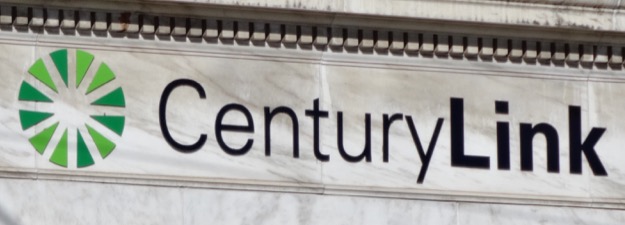
CenturyLink confirmed earlier this month that faster broadband service is the pathway to keeping subscribers on board, and gaining new ones.
In the company’s presentation outlining its second quarter 2019 financial results, it noted that it lost a total of 56,000 consumer-grade broadband customers. However, when that top level figure is broken out by speed, the company gained 48,000 subscribers at the 100 Mbps download speed level or better. The negative subscriber numbers were all at lower speeds: a net loss of 26,000 subscribers who were taking service at speeds levels of from 20 Mbps to less than 100 Mbps, and a loss of 78,000 subscribers who were buying service slower than 20 Mbps.… More

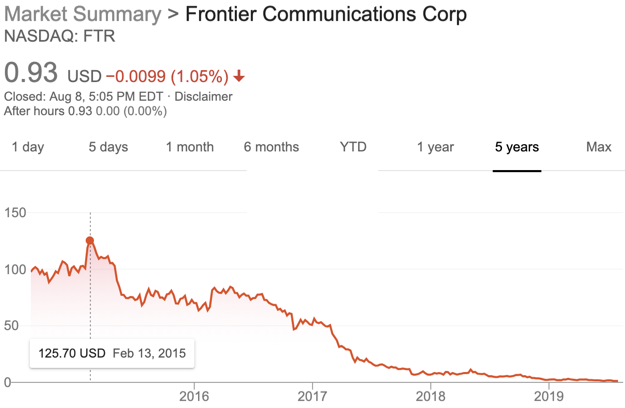
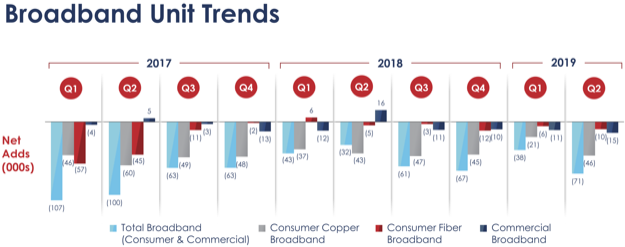
![HLundgaard [CC BY-SA 3.0 (https://creativecommons.org/licenses/by-sa/3.0)] Microtrench](https://www.tellusventure.com/images/2019/microtrench.jpg)
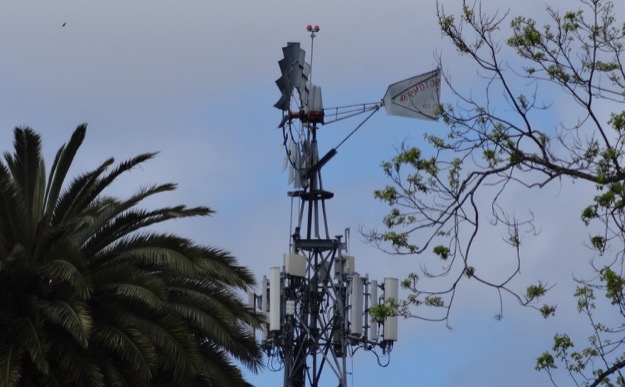
![Don McCullough from Santa Rosa, CA, USA [CC BY 2.0 (https://creativecommons.org/licenses/by/2.0)], via Wikimedia Commons Jack rabbit 625](https://www.tellusventure.com/images/2019/jack_rabbit_625.jpg)
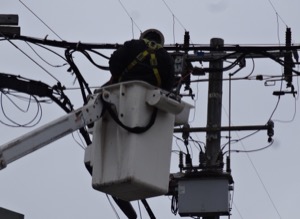
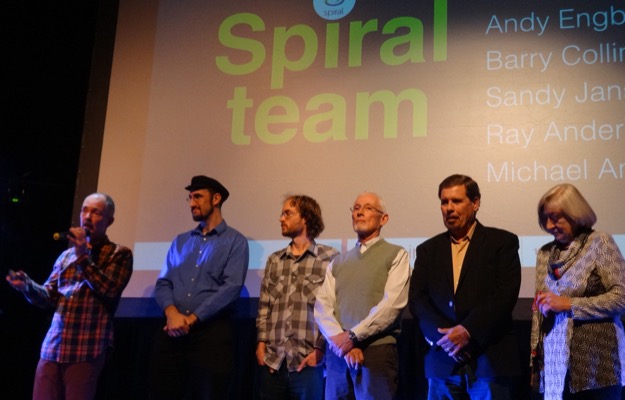

![By Florian Boyd [CC BY-SA 2.0 (https://creativecommons.org/licenses/by-sa/2.0)], via Wikimedia Commons](https://www.tellusventure.com/images/2018/6/santa_rosa_mountains_625.jpg)